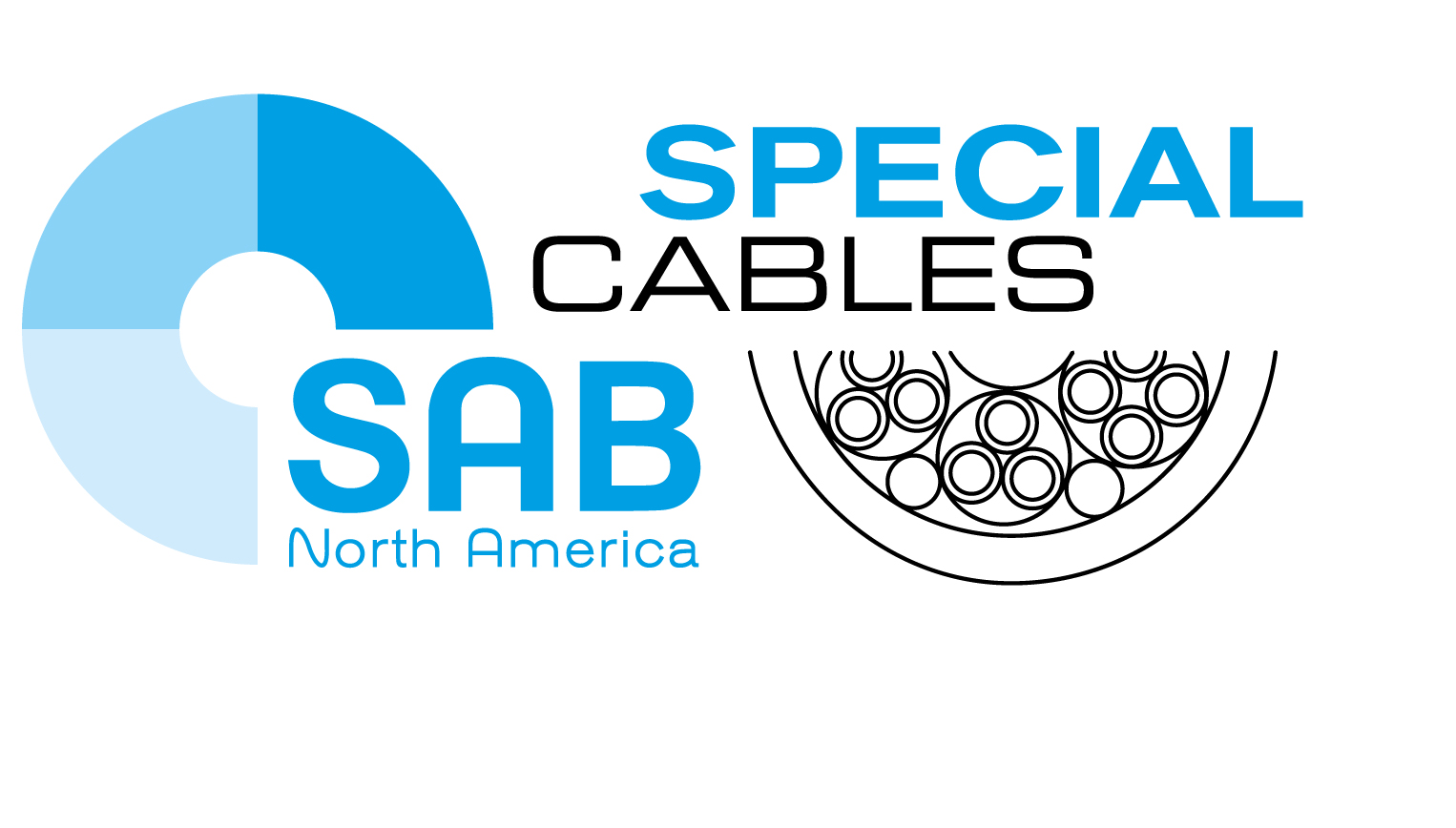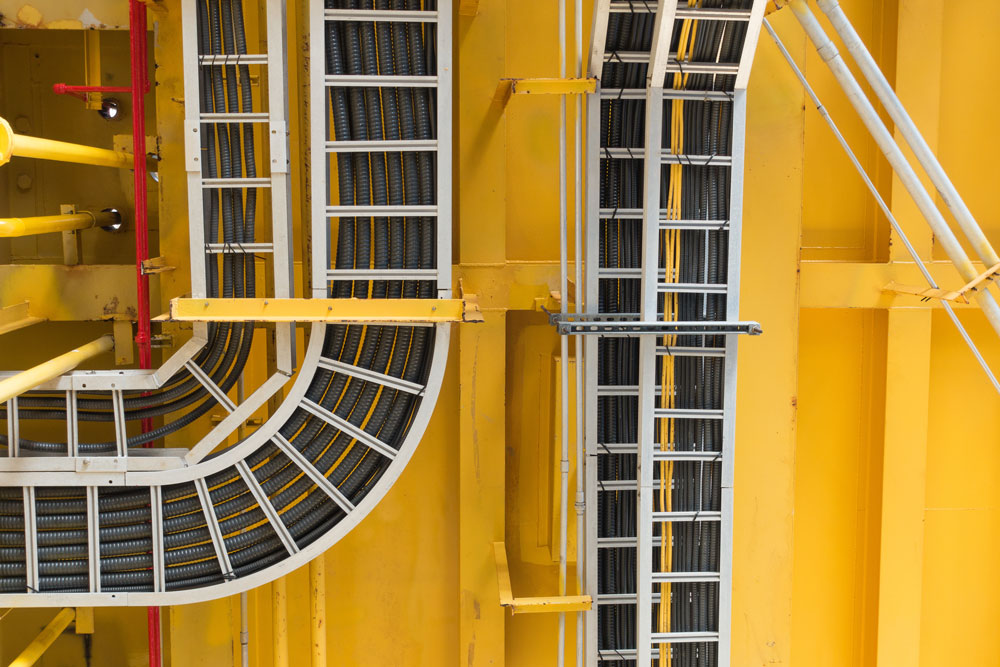If you are considering tray cables, it’s a safe bet that they’re going into a demanding operating environment. Sorting through the different characteristics of tray cables to suit your power, control or signal application can be difficult. This blog post will review some important aspects of tray cable selection so you’ll be able to specify the right tray cable for the job.TR 600
- Approvals. Tray cables must carry the National Electric Code (NEC) rating and/or Underwriters Laboratories (UL) recognition. Tray cables for use in Canadian facilities should also meet CSA approval.
- Operating environment. Industrial applications are rife with chemicals, solvents and vapors that could threaten a cable’s integrity, while tray cables in automotive applications must withstand oils and coolants. Other risks include frequent washdown operations and exposure to sunlight, fire, explosion or extreme temperatures.
- The right jacketing. High-quality jacketing resists threats and ensures a long lifetime.
- Flexibility. Flexible, durable tray cables work around tight bends and fit into confined spaces typically found in factories.
- Easy Installation. Installers do not want to be saddled with convoluted assemblies or stiff cable.
- Availability. The appropriate tray cable is not always easily obtainable from some vendors.
UL/CSA Rated Tray Cables Combine Ruggedness and Easy Installation
SAB North America (NA) offers a well-stocked line of UL and CSA-listed tray cables for use in control systems, machinery, conveyors, control panels, assembly and production lines and processing equipment. Each carries a Class 1 Division 2 explosion classification and a WTTC rating for wind turbines. The lineup features flexible versions as well as round cables that allow installers to pull more cables at a time, thereby avoiding a stiff, complicated setup. SAB North America’s tray cable lineup includes:
- TR 600 S. This multi-conductor flexible tray cable is rated UL TC-ER, UL MTW AWM, and CSA CIC-TC. It withstands dry damp and wet conditions, resists oil and features a round construction for smooth and easy installation.
- TR 600 HD is a severe duty motor supply cable for applications that require flexibility. TPE jacketing provides added chemical and coolant resistance as well as extreme oil resistance. A continuous flex version is available.
- Tray HD TPE. Similar to the 600 HD, this cable is well-suited for automotive applications and has blue conductors to represent a DC circuit. The TPE jacket withstands coolants, oils and chemicals.
- TR 850 S has both a UL TC-ER tray rating and UL and CSA-Type STOOW cordage approval. This dual rating allows for one cable to be used in tray connecting machinery and runs power to your equipment. Its specially designed PVC jacket passes the stringent requirements of UL Oil Res I & II testing, the best possible oil resistance available. The cable is Class 1 Division 1 classified for flexible applications.
- Special Build.SAB NA can provide a specially built tray cable solution with XLPE insulation and PVC jacketing for applications requiring both heat and oil resistance.
Seek Out Tray Cable Expertise and Availability
SAB North America’s tray cable lineup offers flexibility and resistance to oils, chemicals and other environmental extremes, making them well-suited for harsh applications like machinery, automotive and wind turbines. Although choosing the right tray cable can be difficult, it pays to review your requirements with SAB NA. Our expertise and large inventory make us perfectly suited to provide the right tray cable for the job.
To find out more about SAB North America tray cables, download our brochure.


